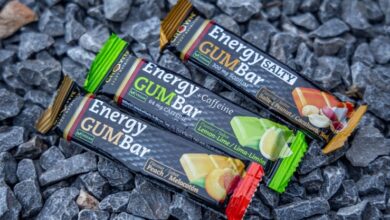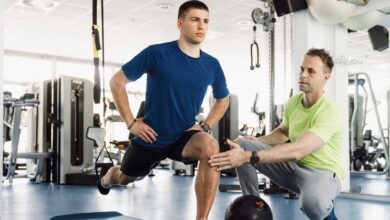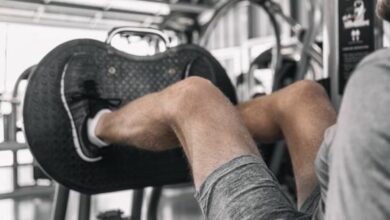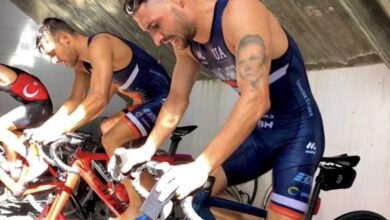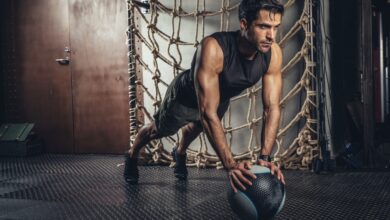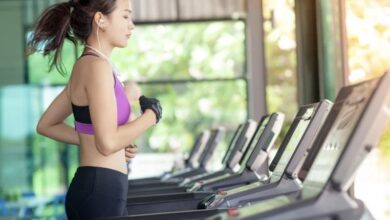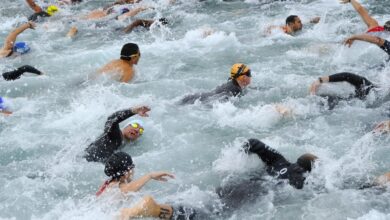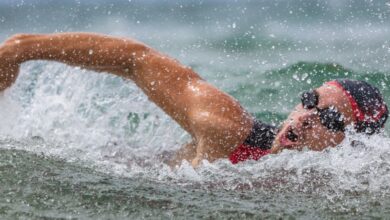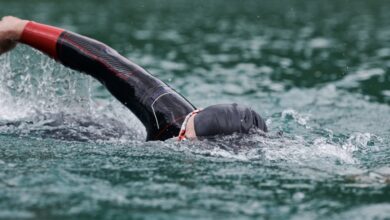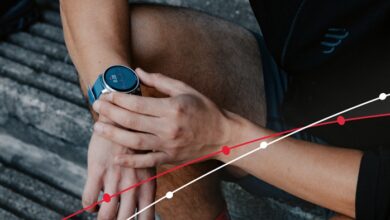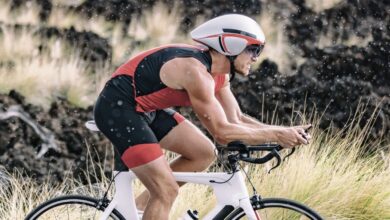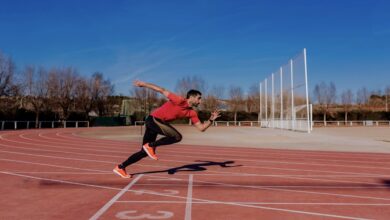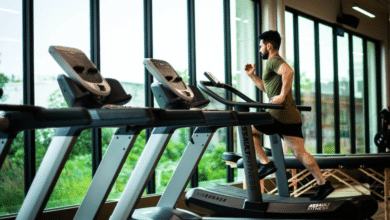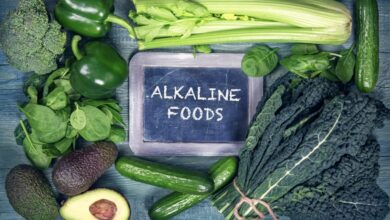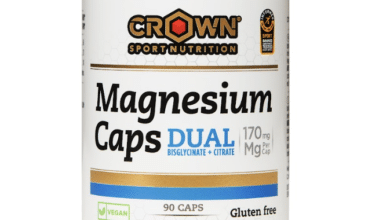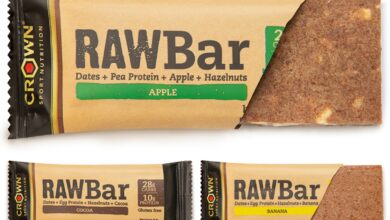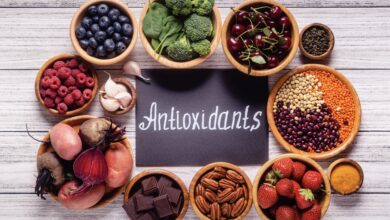How does alcohol affect athletes?
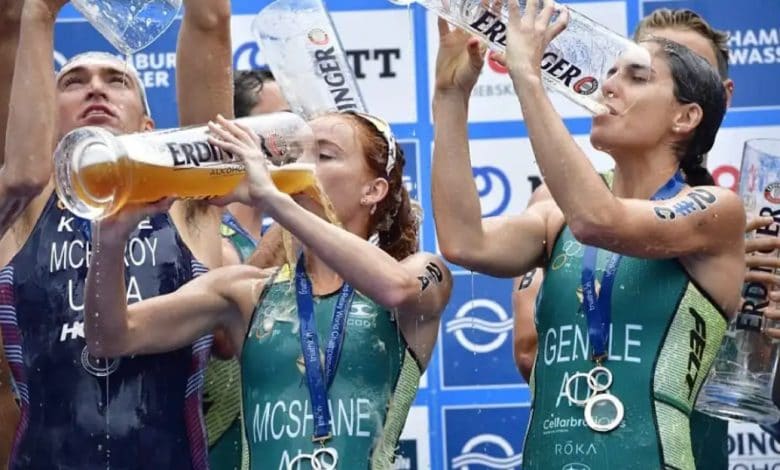
Alcohol consumption is very widespread in today's society. We are social beings and it is socially acceptable to drink alcohol in certain situations.
Who has not wanted a beer after a competition or a long run with the Grupetta?
Well, our friends from Crown Sport Nutrition they tell us in this article how alcohol affects the athlete, one thing that must be taken into account if you do sports, whatever the level or the days of training.
What effects does alcohol have on athletic performance?
There are many studies on this topic at present and in most of them it seems that the Consumption with moderate doses of alcohol does not harm the benefits achieved during training.
Keep in mind that some of These studies have been paid for by associations linked to manufacturers of alcoholic beverages.
An example is this study. During 10 weeks of training, a group of athletes who did HIIT (high intensity interval) training that ingested alcohol were compared with another who did not.
In group A, they drank the equivalent of two cans of beer per day for men and one for women
The results of this study showed that the two groups got practically the same benefits both in body composition (decreased fat mass and increased muscle mass) and physical fitness (increased cardiorespiratory capacity and muscle strength)
These data suggest that having one or two beers a day does not affect physical fitness achieved with training
What happens if we drink more than necessary after training?
Although the previous study shows that ingesting alcoholic substances in a moderate way does not harm training, there are others that Depending on the dose taken, they can alter training adaptations.
Specifically in the recovery processes post training and in those of the physiological adaptation to effort.
It was observed that consuming 1,5 g / kg of ethanol (equivalent to 10 beers) reduces muscle regeneration after a workout.
Another study indicates that after analyzing a workout of 11 people specifically designed to cause muscle damage (known as soreness) and that they ingested, after training, 1 g / kg of ethanol (about 230 ml of vodka) showed a greater loss of strength during the days after that of the control group where the athletes did not ingest alcohol.
This may show that consuming an excess of alcoholic substances reduces the ability to recover after a workout.
It is important to mention that it has been proposed that part of these effects may be due not only to alcohol itself, but also to the fact that post-exercise alcohol consumption may prevent athletes from ingesting other nutrients of greater relevance to recovery, such as proteins.
The effect of alcohol on humans
This article has analyzed how moderate alcohol consumption affects athletic performance, but it must be borne in mind that This substance is harmful to our body.
There are studies published in journals such as The Lancet that showed that alcohol consumption is found to be the 7th cause of death in the world.
They also drew the conclusion of that the only way to alleviate the adverse health effects of these substances is not to drink any alcoholic beverages a week.
Conclusions
In view of the results of the various studies analyzed, although drinking a beer a day does not seem to affect training in athletes, consuming excessive doses if it affects post-exercise recovery and therefore sports performance.
For all this it is important to reduce the consumption of alcohol to the minimum possible.
References:
Griswold MG, Fullman N, Hawley C, et al. Alcohol use and burden for 195 countries and territories, 1990-2016: A systematic analysis for the Global Burden of Disease Study 2016. Lancet. 2018; 392 (10152): 1015-1035. doi: 10.1016 / S0140-6736 (18) 31310-2 Molina-Hidalgo C, De-Lao A, Jurado-Fasoli L, Amaro-Gahete FJ, Castillo MJ. Beer or ethanol effects on the body composition response to high-intensity interval training. The BEER-HIIT study. Nutrients. 2019; 11 (4). doi: 10.3390 / nu11040909 Molina-Hidalgo C, De-La-O A, Dote-Montero M, Amaro-Gahete FJ, Castillo MJ. Influence of daily beer or ethanol consumption on physical fitness in response to a high-intensity interval training program. The BEER-HIIT study. J Int Soc Sports Nutr. 2020; 17 (1): 1-13. doi: 10.1186 / s12970-020-00356-7 Parr EB, Camera DM, Areta JL, et al. Alcohol ingestion impairs maximal post-exercise rates of myofibrillar protein synthesis following a single bout of concurrent training. PLoS One. 2014; 9 (2): 1-9. doi: 10.1371 / journal.pone.0088384 Barnes MJ, Mündel T, Stannard SR. Acute alcohol consumption aggravates the decline in muscle performance following strenuous eccentric exercise. J Sci Med Sport. 2010; 13 (1): 189-193. doi: 10.1016 / j.jsams.2008.12.627
There are no previous results.







